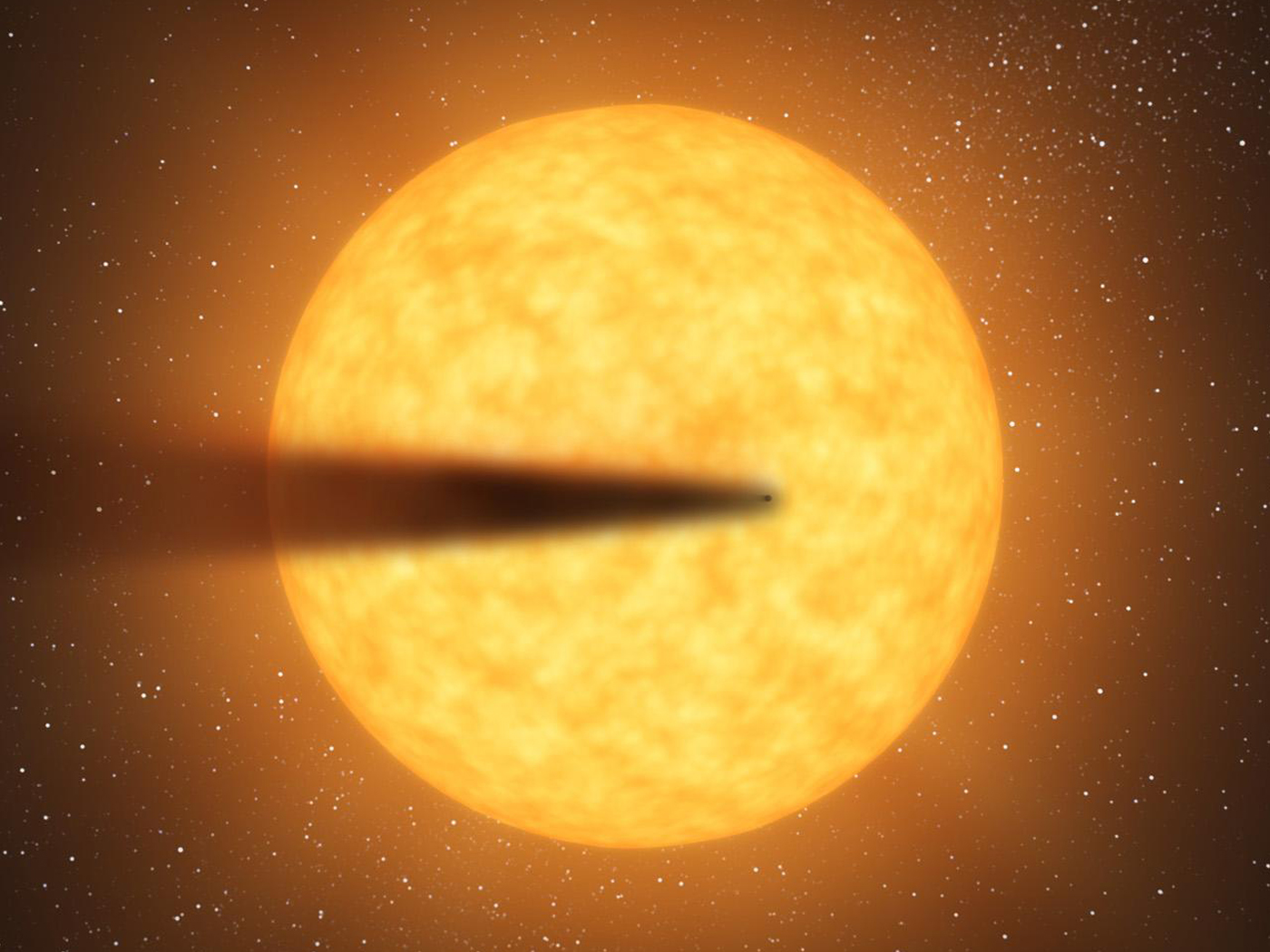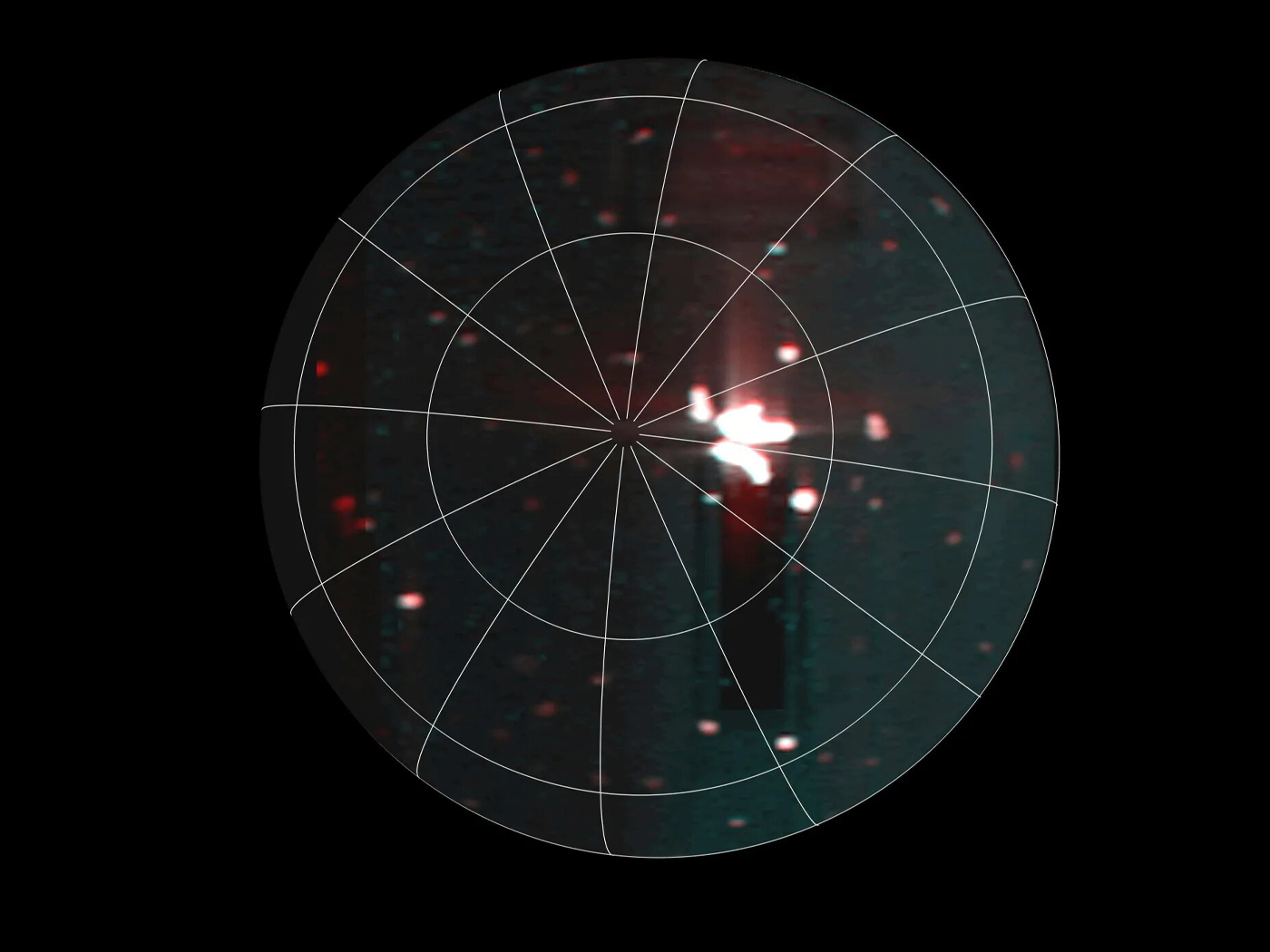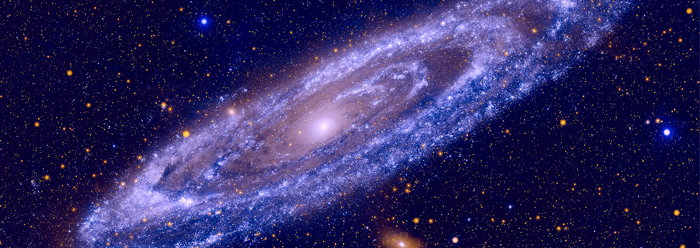A recent science news article sheds light on the amazing squid, but definitely not on its supposed evolution or origin. Creation scientists maintain squid have always been squid, and science bears this out with a new and highly detailed squid fossil. The article states the fossil is "exceptionally preserved."1 Clearly the reason for the exceptional formation and preservation of the squid's fragile body in this fossil is due to an obvious rapid and catastrophic burial. A flood of biblical proportions comes to mind.
Under the picture of the fossil squid, the article states, "These ancient cephalopods with their large internal shell were not as fast as their recently evolved relatives, which survived until today's squid and cuttlefish."1 Since this is a squid fossil, the scientists simply can't determine if it was actually not as fast as today's squid. Even if it were a slow squid, so what? The swimming speed of creatures past and present have no bearing on their alleged evolution.
One evolutionist stated, "The order [Teuthida - squids] probably originated in the Early Cretaceous from a belemnite ancestor."2 Regardless, the ancestor of cephalopods (i.e., squids) is unknown,3 although they "evolve[ed] to lose the shells of their ancestors and develop as dynamic and uniquely adapted marine animals."1 But the fossil record only shows that squid have always been squid—no transitional squid fossils exist. Evolutionist Tanner and his fellow authors readily admit:
The [cephalopod] fossil record is limited, however, hindering confident analysis of the tempo and pattern of their evolution.4
The article further states the fossil is 166 million years old, but that great age is based only on evolutionary theory as opposed to "confident analysis." It can be said just as easily that this 100 percent squid was buried by the Genesis Flood about 4,500 years ago. The article went on to say:
[Researchers have] found out how these remarkable creatures evolved by comparing their fossil records with the evolutionary history chronicled in their gene sequences to shed light on their origins.1
This is a very deceptive statement. Studying a living squid's gene sequences in this manner—by comparing them to similar genes in non-squids and then calibrating the whole process with deep-time dates taken from paleontology—will never reveal the squid's origin, much less accurate and realistic results. In fact, the article admitted "there is some uncertainty in molecular clock estimates."1 Indeed, "paleontology and molecular clocks have a long, uneasy relationship."5
Evolutionists continue in their vain attempt to make a case for cephalopod (squid) evolution, but the record of the rocks shows squid as having been created "according to their kind," just like the Bible tells us.6
References
- Shedding new light on the evolution of the squid. PhysOrg. Posted on phys.org February 28, 2017, accessed March 1, 2017.
- Allaby, M. 2020. Oxford Dictionary of Zoology. 5th ed. Oxford: Oxford University Press, 612.
- Miller, S. and J. Harley. 2013. Zoology, 9th ed. New York: McGraw Hill, 194.
- Tanner, A. et al. 2017. Molecular clocks indicate turnover and diversification of modern coleoid cephalopods during the Mesozoic Marine Revolution. Proceeding of the Royal Society B. 284 (1850).
- Turn back the molecular clock, say Argentina's plant fossils. ScienceDaily. Posted on sciencedaily.com December 2, 2014, accessed March 1, 2017. See also Tomkins, J. 2017. Evolutionary Clock Futility. Acts & Facts. 46 (3): 9.
- Genesis 1:21.
Image credit: Copyright © 2017 C. Malford. Adapted for use in accordance with federal copyright (fair use doctrine) law. Usage by ICR does not imply endorsement of copyright holder.
*Mr. Sherwin is Research Associate, Senior Lecturer, and Science Writer at the Institute for Creation Research.
Article posted on March 16, 2017.












